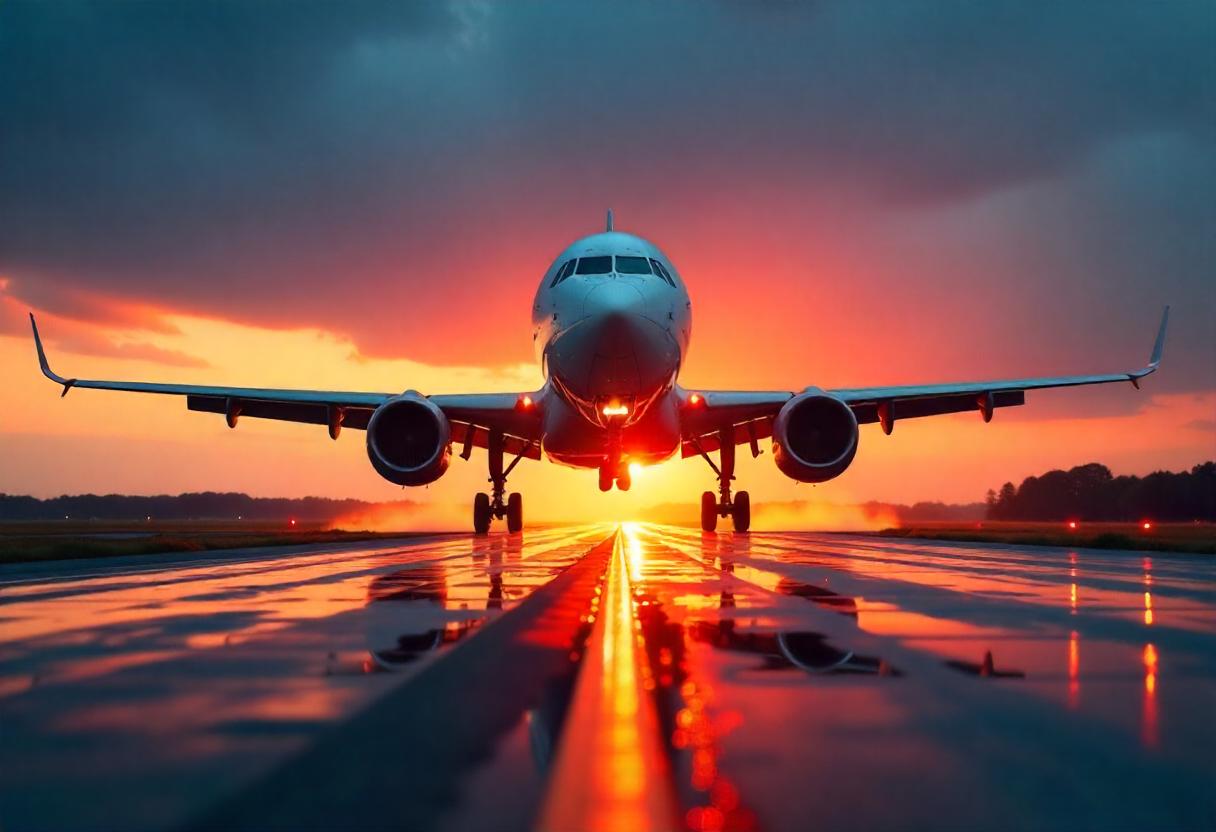Europe Air Travel Lifeline Faces Turbulence, Here is Inside the Controversial EC261 Reforms That May Shake Up Passenger Protections - Travel And Tour World
Saturday, June 7, 2025

Europe’s air travel lifeline is facing serious turbulence—and millions of passengers may not even see it coming. As travel rebounds and skies get busier, a wave of change is quietly building. At the center of the storm? The controversial EC261 reforms, a set of regulatory changes that threaten to shake up passenger protections like never before.
These reforms aren’t just minor updates. They strike at the very core of what many travelers have come to rely on: fair compensation, timely support, and basic accountability when flights go wrong. Now, with proposed rules that raise delay thresholds and slash payouts, the entire compensation structure could be flipped on its head.
Meanwhile, lawmakers argue the system needs balance. Airlines are struggling. Costs are rising. But passengers—millions of them—stand to lose vital rights that have protected them for over a decade.
Why now? Why this? And who really benefits?
This isn’t just policy talk—it’s a direct hit to how Europe handles air travel disruptions. The lifeline that saved so many stranded travelers is unraveling. These EC261 reforms are more than controversial—they’re triggering shockwaves across airports, airlines, and advocacy groups.
Get ready to dive deep inside this growing regulatory storm. The skies might look clear, but beneath the surface, Europe’s air travel system is on the edge. What happens next could shake up everything you thought you knew about your rights at 30,000 feet.
For over a decade, EC261 has stood as a trusted lifeline for European air passengers. From missed holidays to business trip delays, this powerful regulation provided peace of mind. But that comfort may be disappearing fast. A sweeping reform proposal now aims to scale back compensation entitlements—triggering alarm among travelers and industry observers alike.
EC261 was introduced to ensure airlines are held accountable when flights are significantly delayed or canceled. The current framework includes three key payout tiers:
These straightforward rules helped millions recover costs when faced with last-minute chaos at the airport. But that reliability could soon be a thing of the past.
The proposed reform slashes both the scope and strength of EC261’s consumer protection. If passed, the thresholds and payouts would be restructured as follows:
This means passengers would wait longer—and get paid less—for the same disruptions. The changes drastically shrink eligibility. Many travelers who currently qualify for compensation would be left empty-handed under the new rules.
The implications are immediate and far-reaching.
The majority of flight delays today fall into the 2–4 hour window. Under the revised EC261, these delays would no longer trigger compensation. That’s a huge shift—especially for short-haul travelers relying on fast turnarounds.
Meanwhile, the long-haul segment takes an even bigger hit. Not only does the threshold jump from 4 to 6 hours, but the payout also shrinks by €100. That’s a double blow.
For families, business travelers, and tourists alike, the change means more financial risk and fewer avenues for recourse. Passengers may now be forced to absorb hotel costs, rebooking fees, or missed connections—all without compensation.
The European Commission claims the current compensation scheme imposes a heavy financial burden on airlines. With the aviation sector still reeling from the pandemic and high fuel prices, regulators are looking for ways to reduce strain and encourage more sustainable operations.
The argument is clear: fewer payouts mean fewer operational losses, which may in turn reduce pressure to raise ticket prices.
However, critics argue this logic fails to consider the human cost. Flight disruptions are more than just delays—they derail personal milestones, business deals, and entire travel itineraries.
The proposed overhaul starkly reveals the growing divide between airline priorities and traveler protections. Airlines have long lobbied for more lenient compensation rules, citing operational complexity and rising costs. The current proposal appears to cater to those concerns.
But consumer advocacy groups are pushing back. Many believe the reform tilts the playing field too far in favor of airlines, at the expense of passenger rights. They argue that if approved, the new rules would dilute accountability and reduce airline incentives to prevent avoidable delays.
The proposed reforms are not final—yet. The legislative process still requires a thorough review by the European Parliament. That means public input and political pressure can still influence the outcome.
Some member states have voiced support for the reform, citing the need for industry stabilization. But others remain cautious, particularly given the risk of public backlash.
In the coming months, committees will analyze the implications, debate amendments, and possibly revise controversial clauses. However, time is ticking—and the aviation industry is watching closely.
If you’re flying within or from the EU, these changes could affect you directly. Here’s what every traveler should consider now:
These reforms signal a crossroads in European travel policy. Will the EU prioritize airline recovery—or consumer protection? The final answer remains up in the air, but the stakes couldn’t be higher.
For now, EC261 is still in place. But if these proposals are passed, air travelers across Europe could soon find themselves with fewer rights, longer waits, and diminished compensation.
The future of flying in Europe is changing—and not necessarily for the better.









